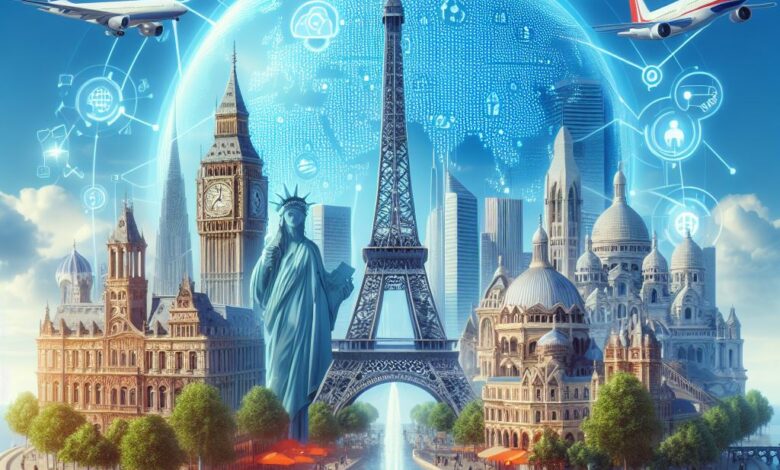
Traveling is one of the most rewarding and enjoyable experiences in life. However, it can also be stressful, time-consuming, and expensive. Fortunately, artificial intelligence (AI) is here to make traveling easier, cheaper, and more fun. In this blog post, we will explore some of the ways that AI is contributing to the travel industry and creating value for travelers and travel companies.
Customized Travel Planning and Online Customer Service
One of the most common applications of AI in the travel industry is chatbots, which are software programs that can interact with users through natural language. Chatbots can help travelers plan their trips, book their flights and hotels, and get answers to their queries. For example, Expedia has a chatbot on Facebook Messenger that can help users find and book travel deals, and Skyscanner has a chatbot on Skype that can search for flights and provide travel tips. Chatbots can also provide online customer service, such as KLM’s chatbot on WhatsApp that can send boarding passes, flight updates, and check-in reminders to passengers.
Chatbots can offer personalized and convenient travel planning and customer service, as they can access large amounts of data, learn from user preferences and behavior, and respond quickly and accurately. Chatbots can also reduce the cost and workload of human agents, and improve customer satisfaction and loyalty.

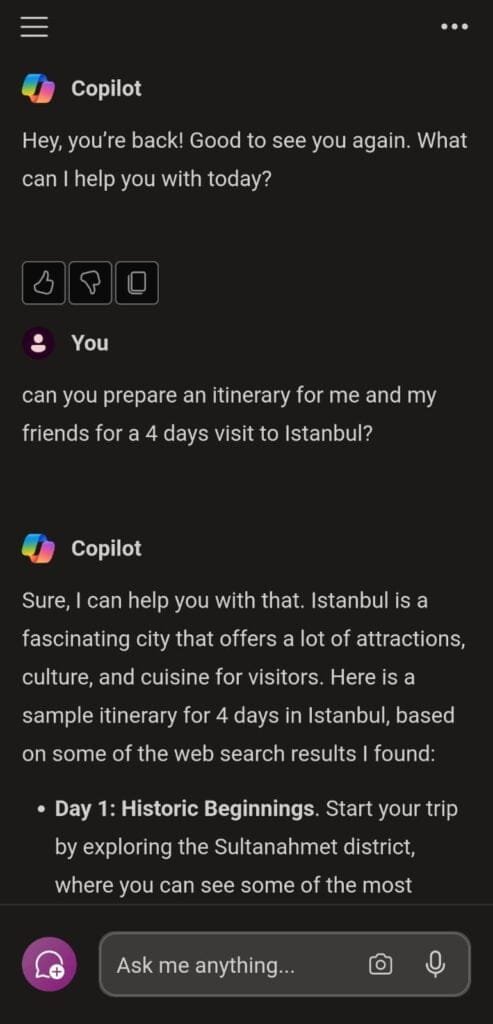
Face-to-Face Traveler Service
Another way that AI is enhancing the travel industry is through robots, which are machines that can perform physical tasks and interact with humans. Robots can provide face-to-face traveler service in airports, hotels, and tourist attractions. For example, LG’s Airport Guide Robot can scan boarding passes and provide information on flight schedules, gate locations, and weather conditions. Hilton’s Connie Robot can greet guests, answer questions, and recommend local attractions. Museum of Tomorrow in Rio de Janeiro has a robot called IRIS+ that can guide visitors through the exhibits and answer questions in different languages.
Robots can offer friendly and efficient traveler service, as they can recognize faces and voices, understand natural language, and display emotions. Robots can also improve the traveler experience, as they can add novelty and fun to the journey.
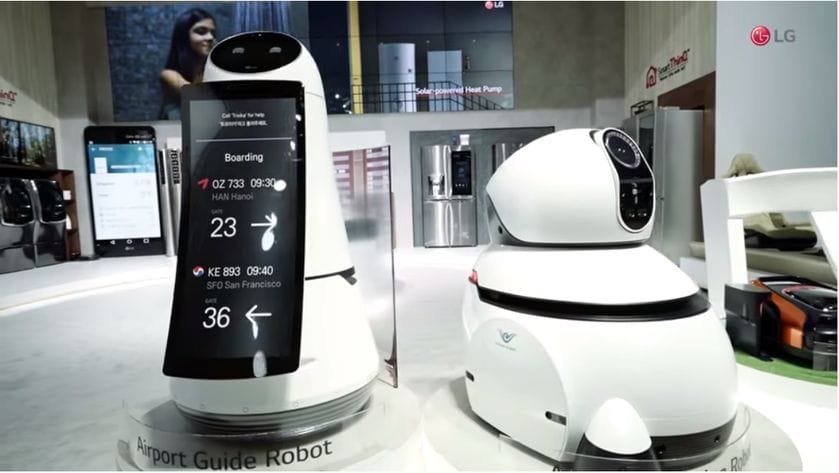
Facial Recognition and Identity Management
A third way that AI is transforming the travel industry is through biometrics, which are technologies that can measure and analyze human characteristics, such as fingerprints, iris patterns, and facial features. Biometrics can enhance security and convenience for travelers by reducing the need for physical documents and passwords. For example, Clear is a service that uses biometric scanners to verify travelers’ identities and allow them to skip the security lines at airports. Marriott’s Aloft Hotels have a feature called SPG Keyless that lets guests use their smartphones as room keys. Carnival’s Ocean Medallion is a wearable device that can unlock cabin doors, make payments, and order food and drinks for cruise passengers.
Biometrics can offer fast and secure traveler identity management, as they can eliminate the risk of identity theft, fraud, and human error. Biometrics can also improve the traveler comfort, as they can reduce the hassle of carrying and showing documents and passwords.
Dynamic Pricing and Predictive Data Analytics
A fourth way that AI is impacting the travel industry is through AI and machine learning, which are branches of computer science that can enable machines to learn from data and perform complex tasks. AI and machine learning can help travel companies optimize their revenue and offer personalized deals and recommendations to travelers. For example, Hopper is an app that uses AI and machine learning to analyze billions of flight prices and predict the best time to buy tickets. Booking.com is a platform that uses AI and machine learning to tailor its offers and suggestions to each user’s preferences and behavior. Airbnb is a company that uses AI and machine learning to adjust its prices and match its hosts and guests.
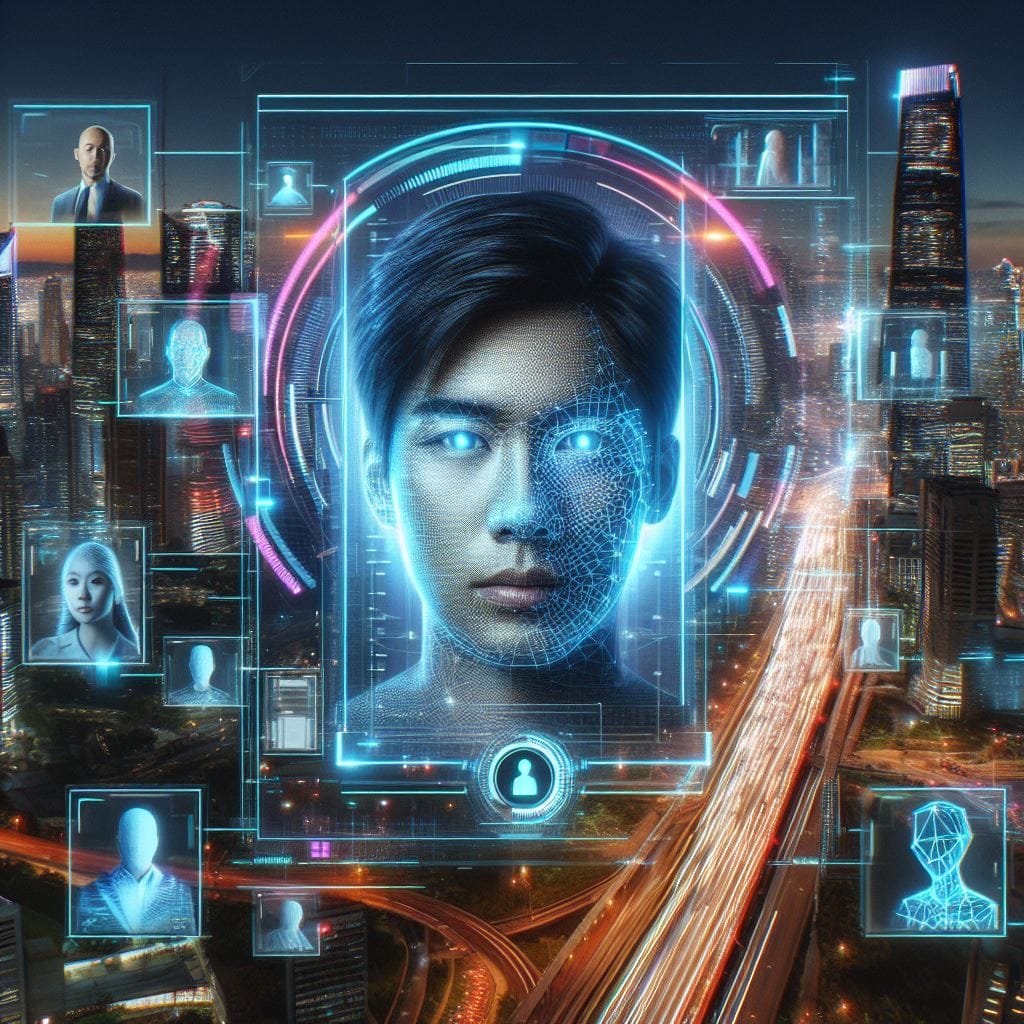
AI and machine learning can offer dynamic and customized travel pricing and marketing, as they can process large amounts of data, detect patterns and trends, and adapt to changing conditions and demands. AI and machine learning can also enhance the traveler satisfaction and loyalty, as they can provide relevant and attractive options and incentives.
Immersive Technologies
A fifth way that AI is influencing the travel industry is through immersive technologies, such as augmented reality (AR) and virtual reality (VR), which are technologies that can create or enhance the perception of reality. Immersive technologies can create virtual experiences of destinations and attractions, and help travelers plan and enjoy their trips. For example, Google’s Street View and YouVisit are platforms that can provide 360-degree views of various places around the world. Marriott’s VRoom Service and Thomas Cook’s Try Before You Fly are services that can offer VR headsets to guests and customers to let them experience different destinations and activities. Disney’s Star Wars: Galaxy’s Edge and Universal’s The Wizarding World of Harry Potter are theme parks that can use AR and VR to create immersive and interactive attractions.
Immersive technologies can offer realistic and engaging travel experiences, as they can stimulate the senses, evoke emotions, and create memories. Immersive technologies can also increase the traveler curiosity and excitement, as they can showcase the beauty and diversity of the world.
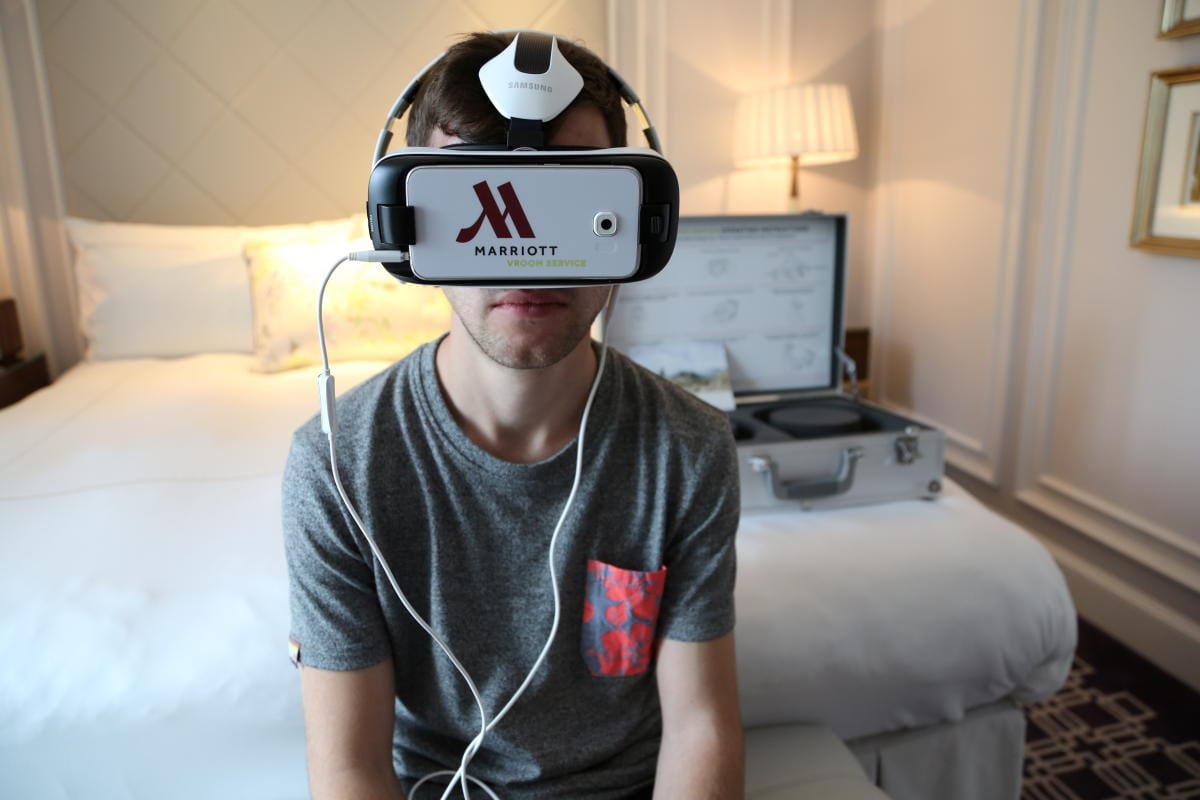
AI and Digital Marketing in the Travel Industry
Another way that AI is benefiting the travel industry is through digital marketing, which is the use of online platforms and channels to promote and sell travel products and services. AI can help travel brands improve their digital marketing strategies by:
- Creating personalized and engaging content that resonates with their target audience and motivates them to book trips. For example, Persado is a platform that uses genAI to generate high-performing words and phrases that appeal to the emotional drivers of travelers.
- Optimizing their campaigns and budgets across different channels and platforms to reach the right customers at the right time and place. For example, Hopper is an app that uses AI and machine learning to analyze billions of flight prices and predict the best time to buy tickets.
- Measuring and improving their performance and ROI by using data and analytics to track and optimize their marketing efforts and outcomes. For example, Google offers various tools and solutions that use AI to help travel marketers measure and improve their online presence, conversions, and customer loyalty.
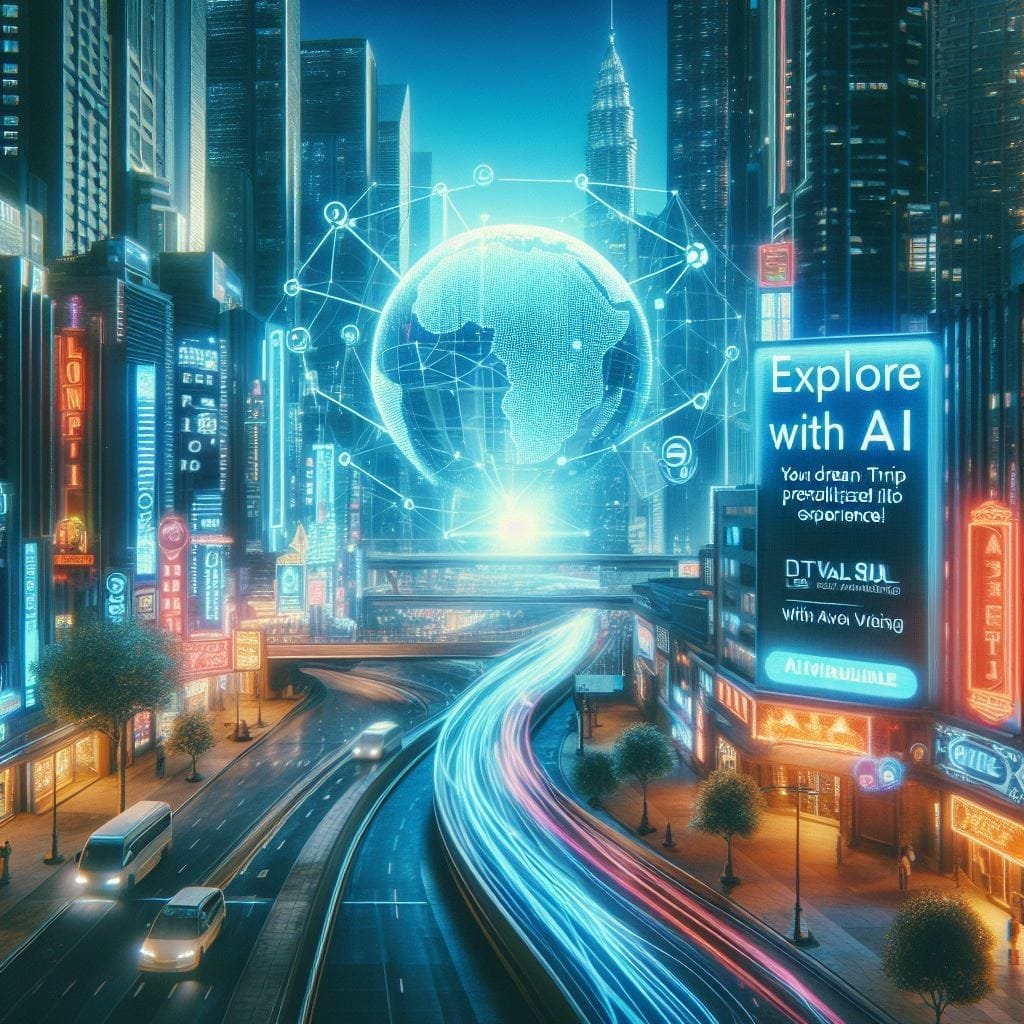
AI can help travel brands enhance their digital marketing efforts, as they can create more relevant and effective content, optimize their campaigns and budgets, and measure and improve their performance and ROI. AI can also help travel brands differentiate themselves from their competitors and increase their customer acquisition, retention, and loyalty.
Conclusion
AI is revolutionizing the travel industry by offering customized and seamless journeys, improving operational efficiency, and creating new value for travelers and travel companies. AI is not only making traveling easier, cheaper, and more fun, but also opening new possibilities and opportunities for the future of travel. AI is not a threat, but a friend, to the travel industry and travelers alike.